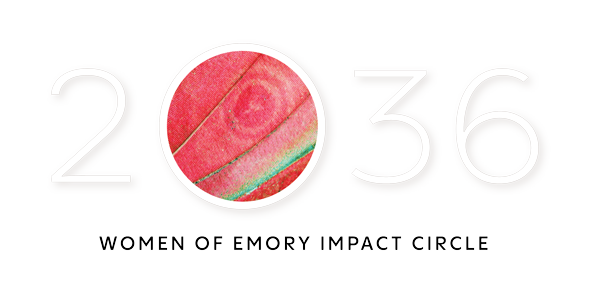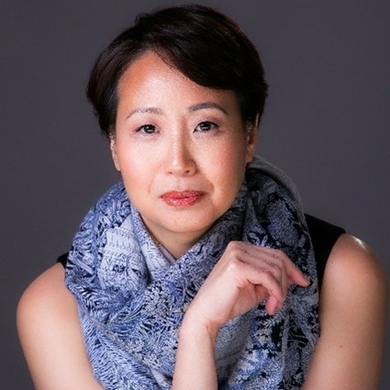
The Women of Emory Impact Circle supports the causes of women and girls through the power of collective philanthropic giving. The group has been active for two years and, within the past year, has awarded grants totaling more than $240,000. All members of the Emory community are welcome to apply for grants through all Emory Impact Circles, and all donors are welcome to fund any and all Impact Circles.
Women of Emory Impact Circle is seeking additional leadership donors. Contact us at impactcircles@emory.edu to learn about making a gift of $25,000 or more.
Dates and Deadlines
- The application period for 2025 has ended. Grant recipients will be announced after the Impact Forum.
- March 20–21, 2025: Impact Forum












